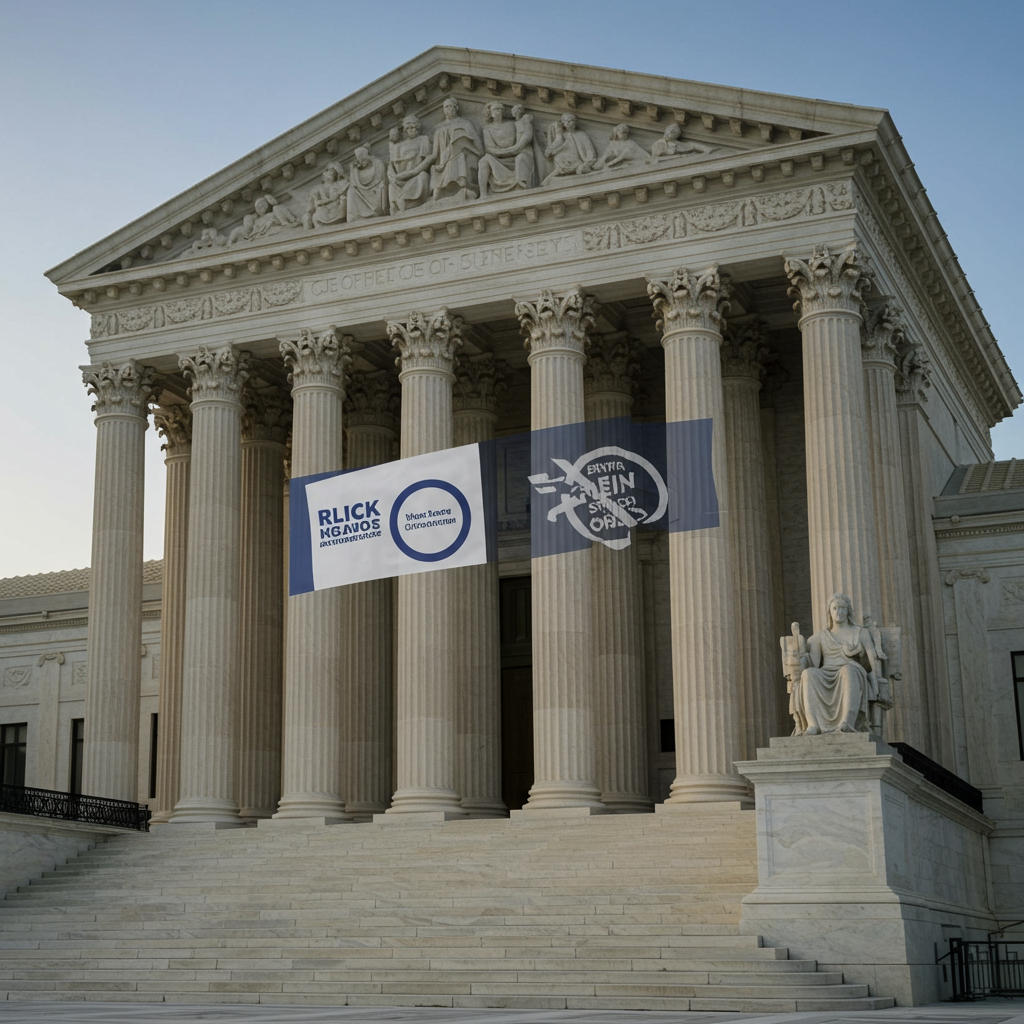The world recently marked a significant milestone: the 90th birthday of the dalai Lama. As the tibetan spiritual leader entered his tenth decade, celebrations in India, his home in exile, resonated globally. Yet, this landmark anniversary brings complex geopolitical questions sharply into focus, primarily centered on his eventual succession and the ongoing struggle for control over Tibet.
The core tension lies in who holds the authority to name the next Dalai Lama. Tibetan Buddhist tradition involves spiritual signs and the search for a recognized reincarnation, traditionally led by senior lamas. However, China, which has ruled Tibet since 1950, insists it has the final say. This sets up a potential clash between deep-rooted spiritual practice and asserted political power.
The Battle for Succession: Spiritual Authority vs. State Control
The future of the lineage, and by extension, the Tibetan cause, hinges on this fundamental conflict. Tibetans living under Chinese rule and those in the diaspora fear Beijing will name its own successor, creating a rival Dalai Lama. Such a move would significantly bolster China’s control not only over the territory but also over Tibetan Buddhism itself, potentially undermining the spiritual authority of the traditional lineage.
His Holiness the 14th Dalai Lama has been explicit about this contentious issue. In a clear statement, he asserted that only his India-based office, specifically the Gaden Phodrang Trust, possesses the right to identify his future reincarnation or successor. He emphasized that no external entity has the authority to interfere in this deeply spiritual matter. This declaration directly challenges China’s long-held stance and highlights the intersection of faith and global politics surrounding his succession.
Why China Wants Control
China views the selection of the Dalai Lama as a crucial tool for asserting sovereignty over Tibet. By controlling the process, Beijing aims to legitimize its rule and prevent the emergence of a spiritual leader who could challenge its authority, as the current Dalai Lama has done from exile. The historical precedent is concerning for Tibetans; China previously installed its own Panchen Lama, the second most important figure in Tibetan Buddhism, whose whereabouts remain unknown to this day.
A Milestone in Exile: 65 Years in India
The 90th birthday celebration took place in Dharamsala, the Himalayan hill town in India that has served as the seat of the Tibetan government in exile since 1960. The Dalai Lama, who describes himself as a “simple Buddhist monk,” fled Tibet in 1959 following a crushed uprising against Chinese rule in the capital, Lhasa. Thousands of Tibetans also escaped, forming a vibrant exile community.
His decades in India have solidified his position as a global icon of peace and compassion. The birthday served as a moment to reflect on his life’s work and draw international attention to the ongoing situation in Tibet. Supporters gathered to offer prayers and messages of support, underlining the importance of his spiritual and cultural leadership to Tibetans worldwide.
Global Voices Offer Support
The milestone birthday drew notable reactions from key international figures, underscoring the geopolitical weight of the Dalai Lama’s influence and the Tibetan issue.
Indian Prime Minister Narendra Modi extended warm wishes, describing the Dalai Lama as an “enduring symbol of love, compassion, patience and moral discipline.” Modi’s public and effusive support is particularly significant given the complex and often tense relationship between India and China, intense rivals vying for influence across Asia. While both nations have sought to ease tensions after a deadly border clash in 2020, India’s welcoming stance towards the Dalai Lama remains a point of friction with Beijing.
The United States also voiced strong backing for the Tibetan people. A statement read at the celebrations on behalf of the U.S. Secretary of State (attributed in reports to Senator Marco Rubio), affirmed America’s commitment to protecting the human rights and fundamental freedoms of Tibetans. The statement explicitly supported efforts to preserve Tibetans’ distinct heritage, including their right to freely choose and venerate religious leaders without interference – a direct commentary on China’s stance on succession.
Taiwanese President Lai Ching-te also sent a message, stating that the Dalai Lama’s example resonates with all who value freedom, democracy, and human rights. This message is poignant, coming from an island democracy that China claims as its own territory and has threatened to seize by force.
Messages from three former U.S. presidents – Bill Clinton, George W. Bush, and Barack Obama – were also shared, highlighting his enduring influence across generations of American leadership. Clinton spoke of the Dalai Lama’s efforts to build a more compassionate world amidst global divisions. Bush emphasized the world’s need for his spirit of kindness. Obama, calling him a “dear friend,” praised his long leadership and advocacy for freedom and dignity, noting his humility despite his global stature.
These expressions of international support, particularly from major powers like India and the U.S., offer encouragement to Tibetans and serve as a counterpoint to China’s assertion of absolute control over the spiritual succession process.
The Path Ahead: Uncertainty and Resilience
As the Dalai Lama ages, the question of succession becomes more urgent and complex. A contested succession, with China potentially recognizing a different individual than the one chosen by the traditional Tibetan process and the Dalai Lama’s office, could lead to fragmentation within the Tibetan Buddhist community. It poses a direct threat to the preservation of Tibetan religious and cultural identity, which is already under pressure inside Tibet.
The international community’s response to this unfolding situation will be critical. Continued advocacy for the religious freedom and human rights of Tibetans, coupled with recognition of the traditional authority of the Dalai Lama’s lineage, could play a role in influencing the outcome. However, China’s resolve to control all aspects of governance within its claimed territories remains unwavering. The delicate balance between spiritual leadership and geopolitical interests continues to define the future of Tibetan Buddhism and its millions of followers worldwide.
Frequently Asked Questions
What is the main conflict surrounding the Dalai Lama’s succession?
The primary conflict involves who has the authority to identify the next Dalai Lama. Tibetan tradition vests this authority in senior lamas and the process of recognizing a reincarnation. However, China, which governs Tibet, insists that its government must approve or select the successor. This pits traditional spiritual practice against state political control, creating fear among Tibetans that China will install a rival figure.
Who does the Dalai Lama say has the right to choose his successor?
The Dalai Lama has explicitly stated that only his office, specifically the Gaden Phodrang Trust based in India, has the sole authority to recognize his future reincarnation. He has firmly declared that no other entity or government has any right to interfere in this process, reinforcing the spiritual and traditional basis for the succession away from state intervention.
Why is the Dalai Lama’s 90th birthday geopolitically significant?
The 90th birthday marks a critical age for the spiritual leader, bringing the long-standing issue of his succession to the forefront. It served as a focal point for international attention, drawing messages of support from key global players like India, the US, and Taiwan. This highlights the geopolitical implications of Tibet’s status and the future of its spiritual leadership, underscoring the tension between Tibetan autonomy and China’s control.


